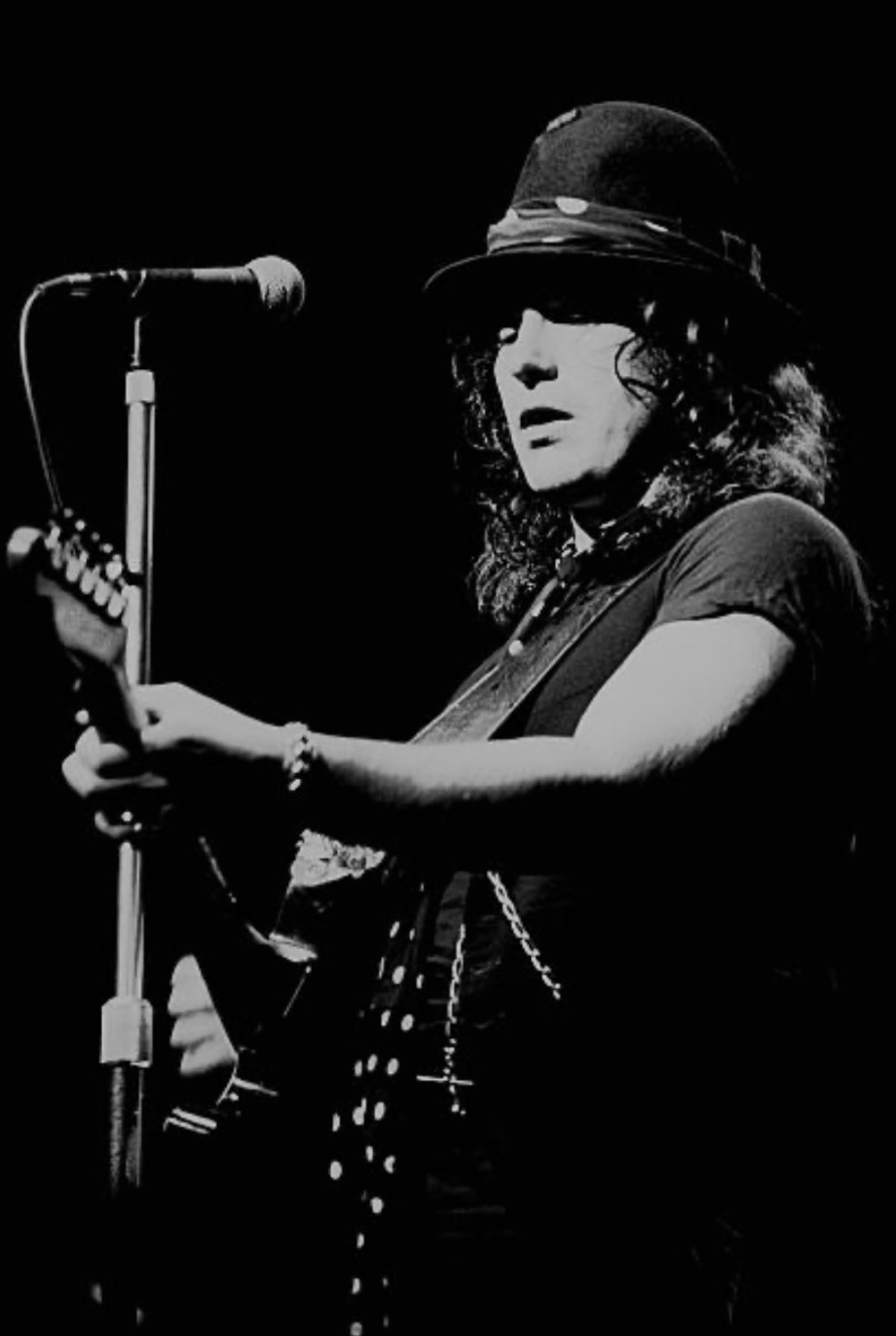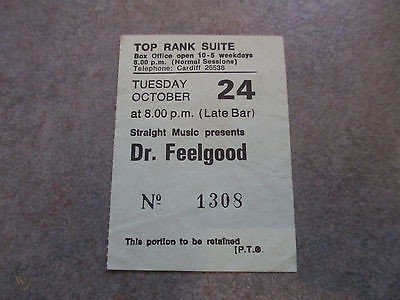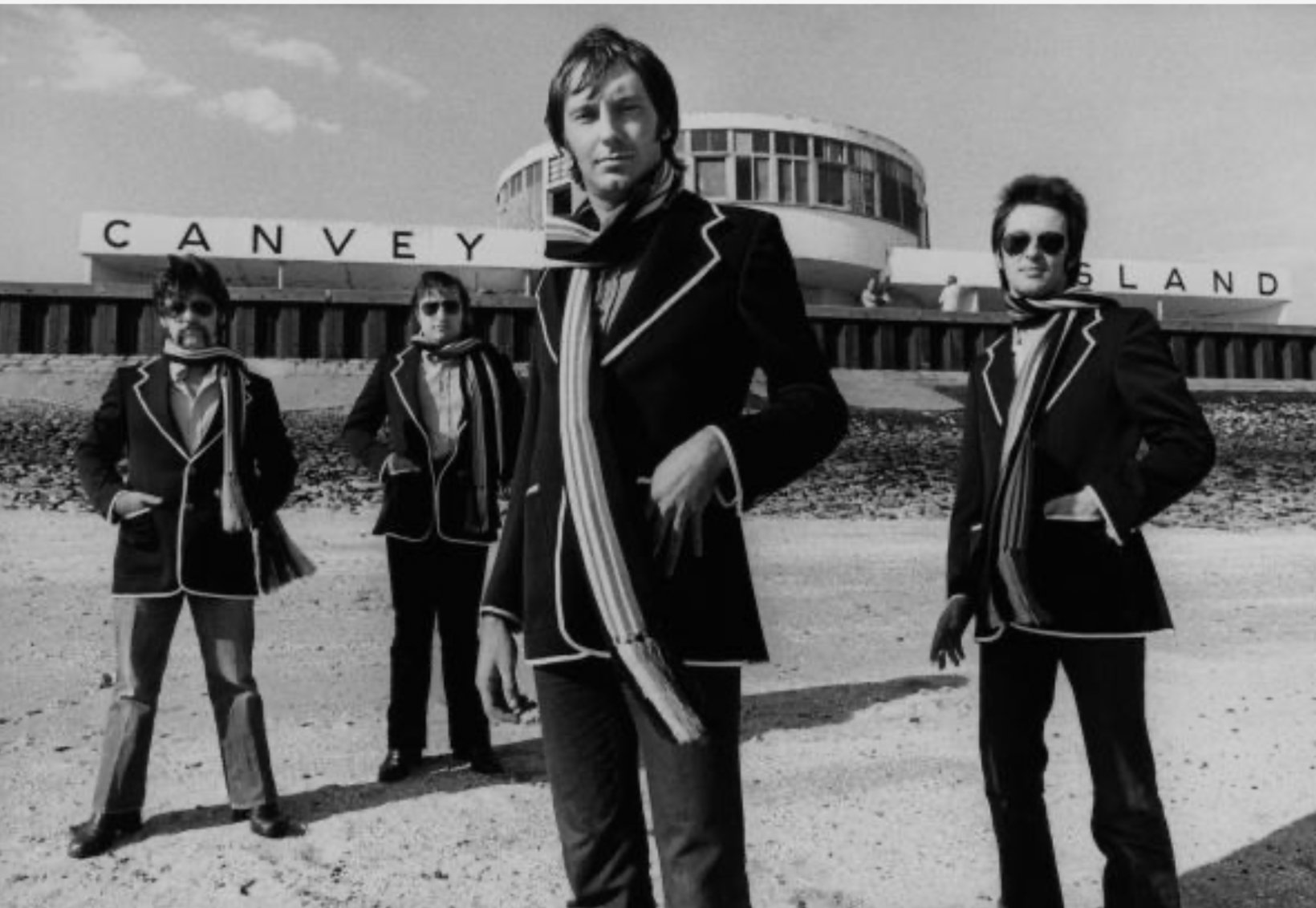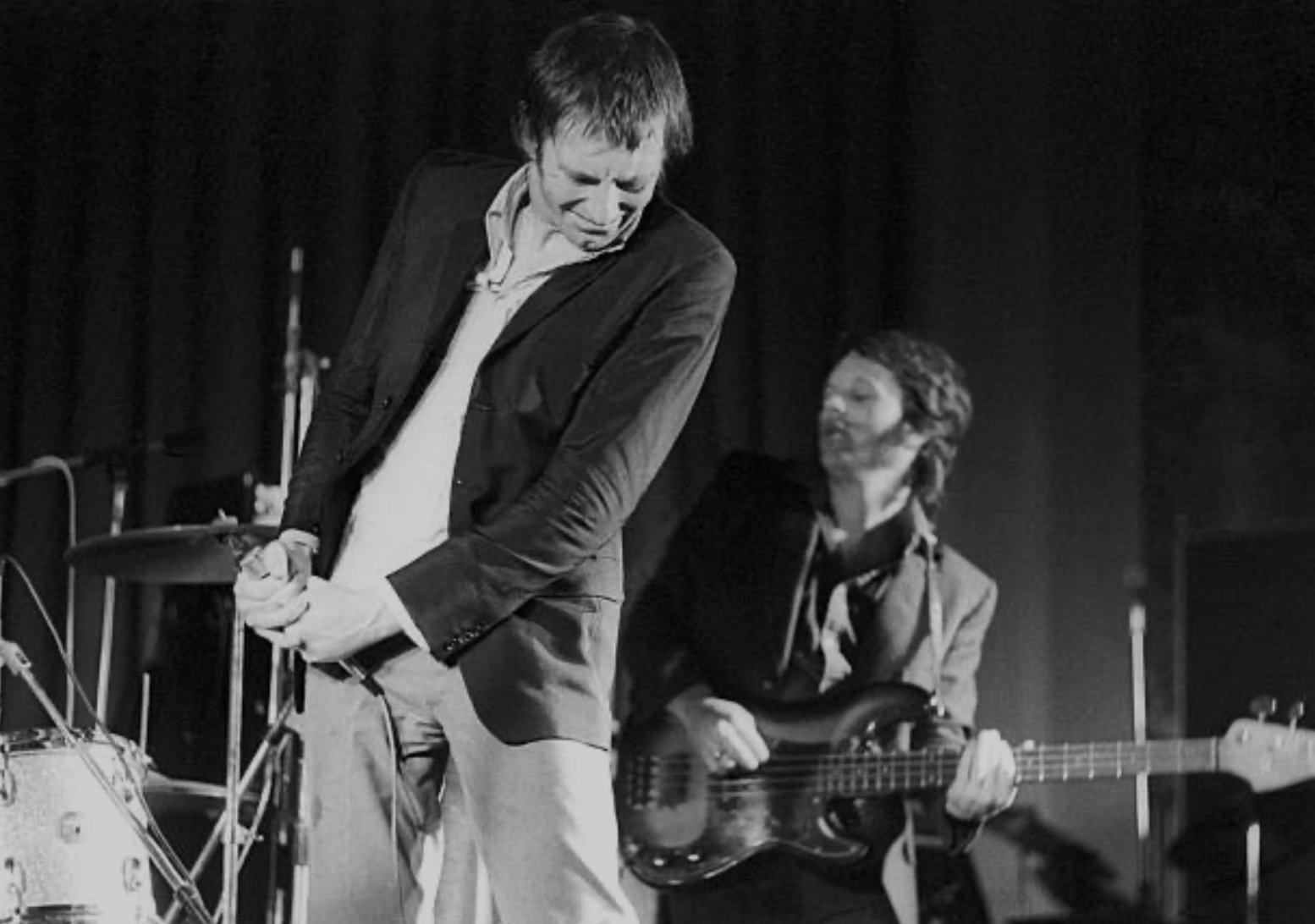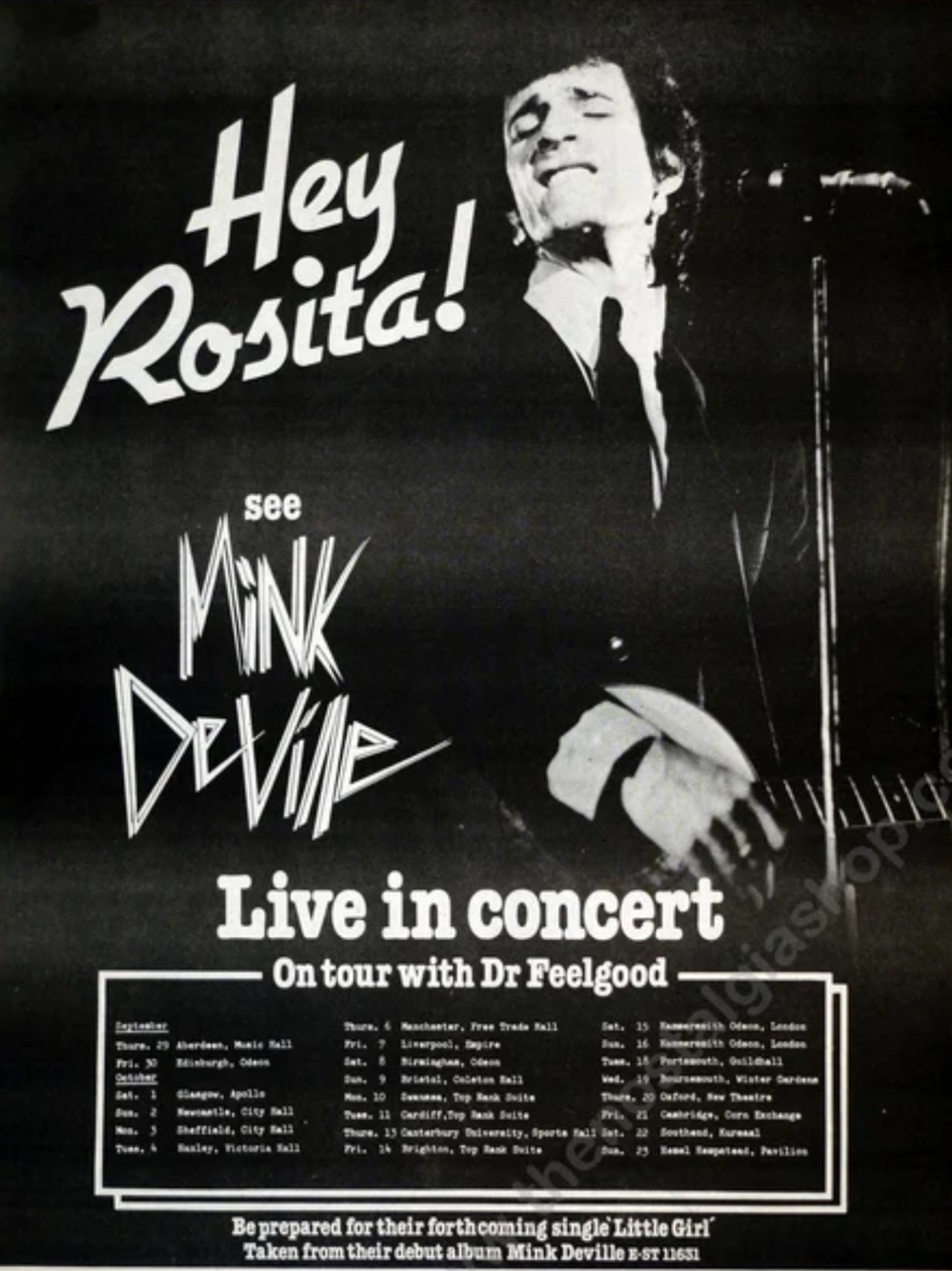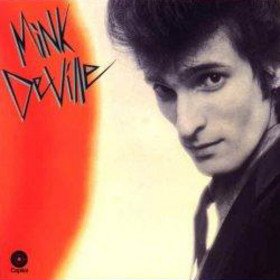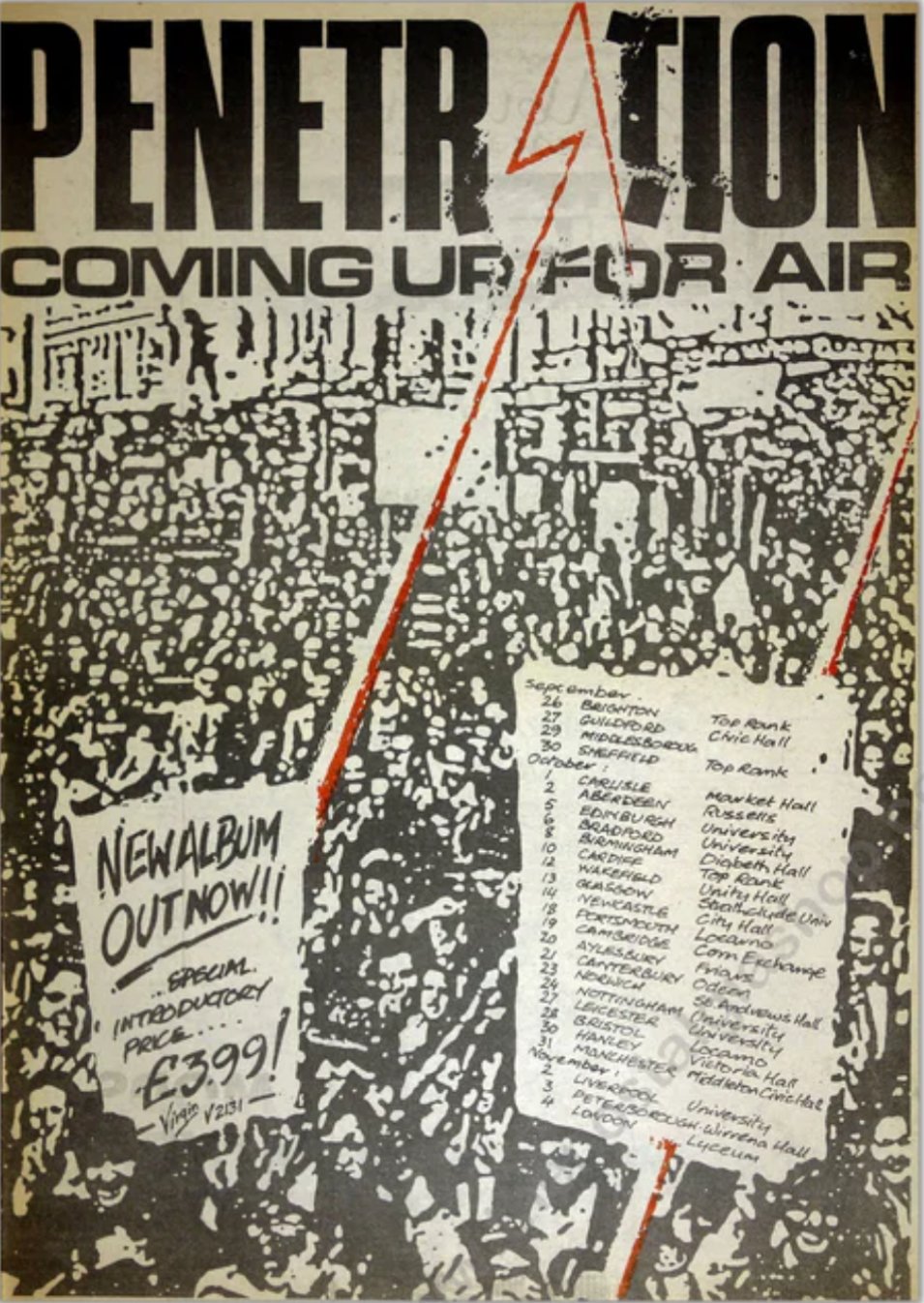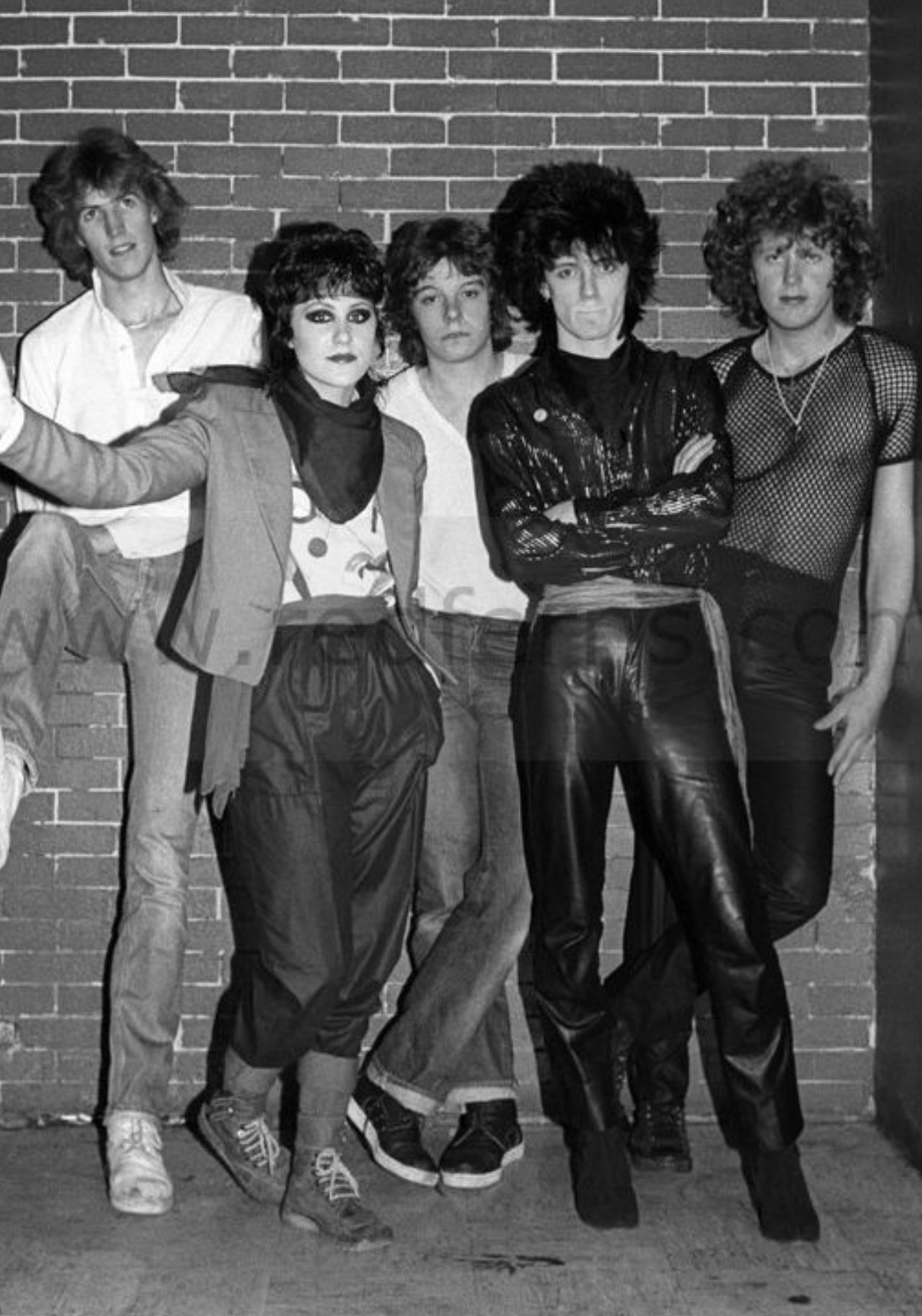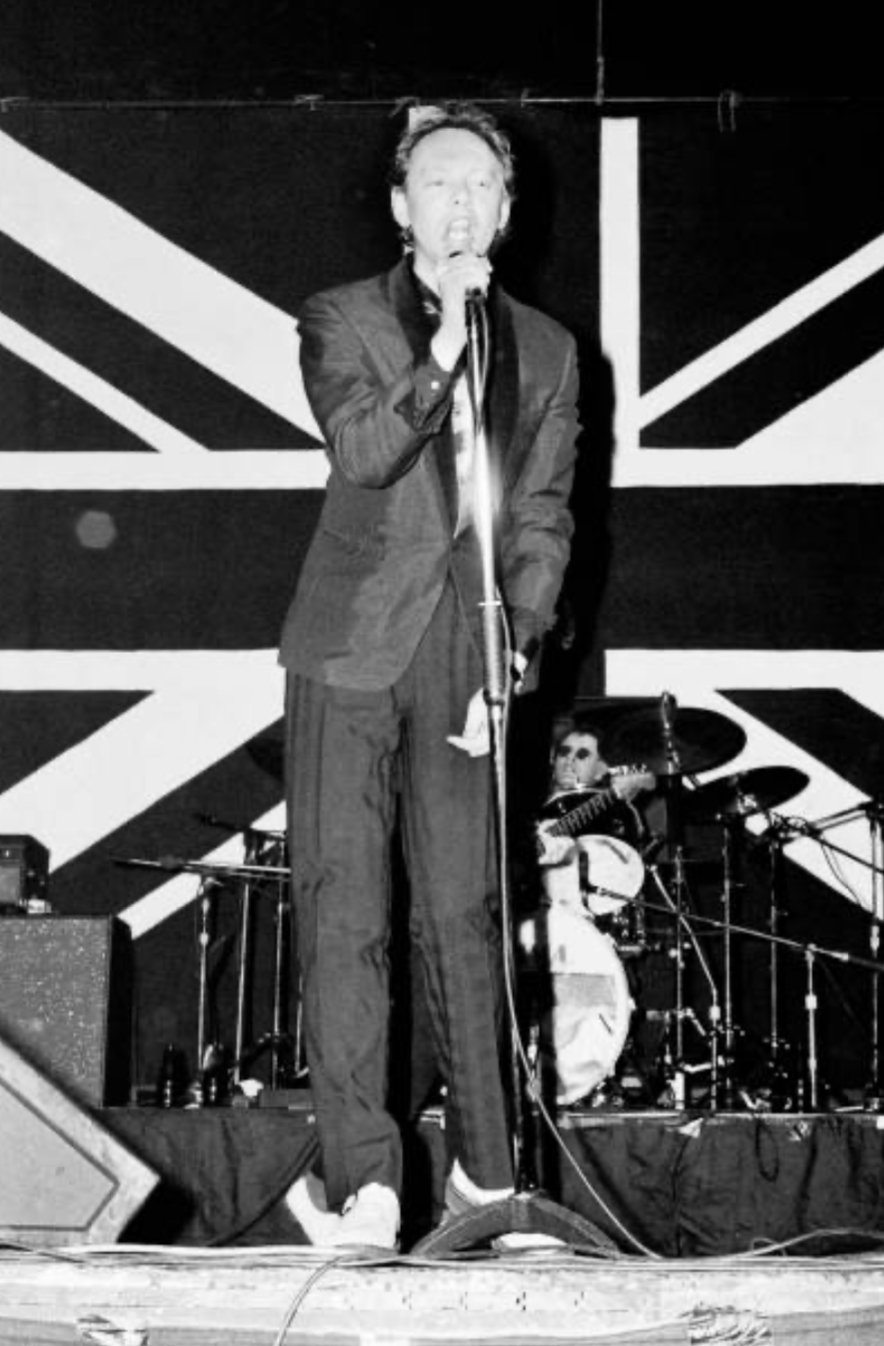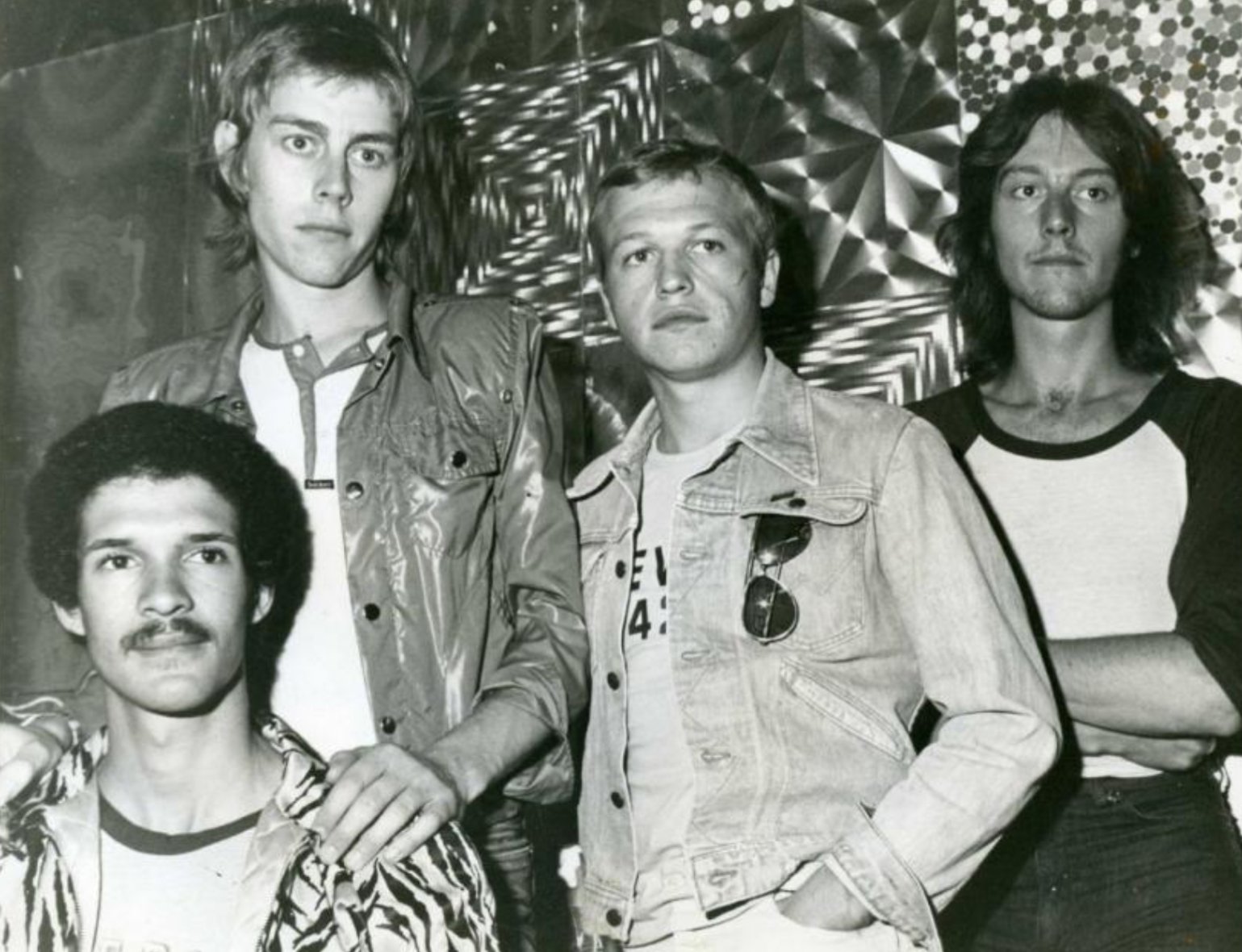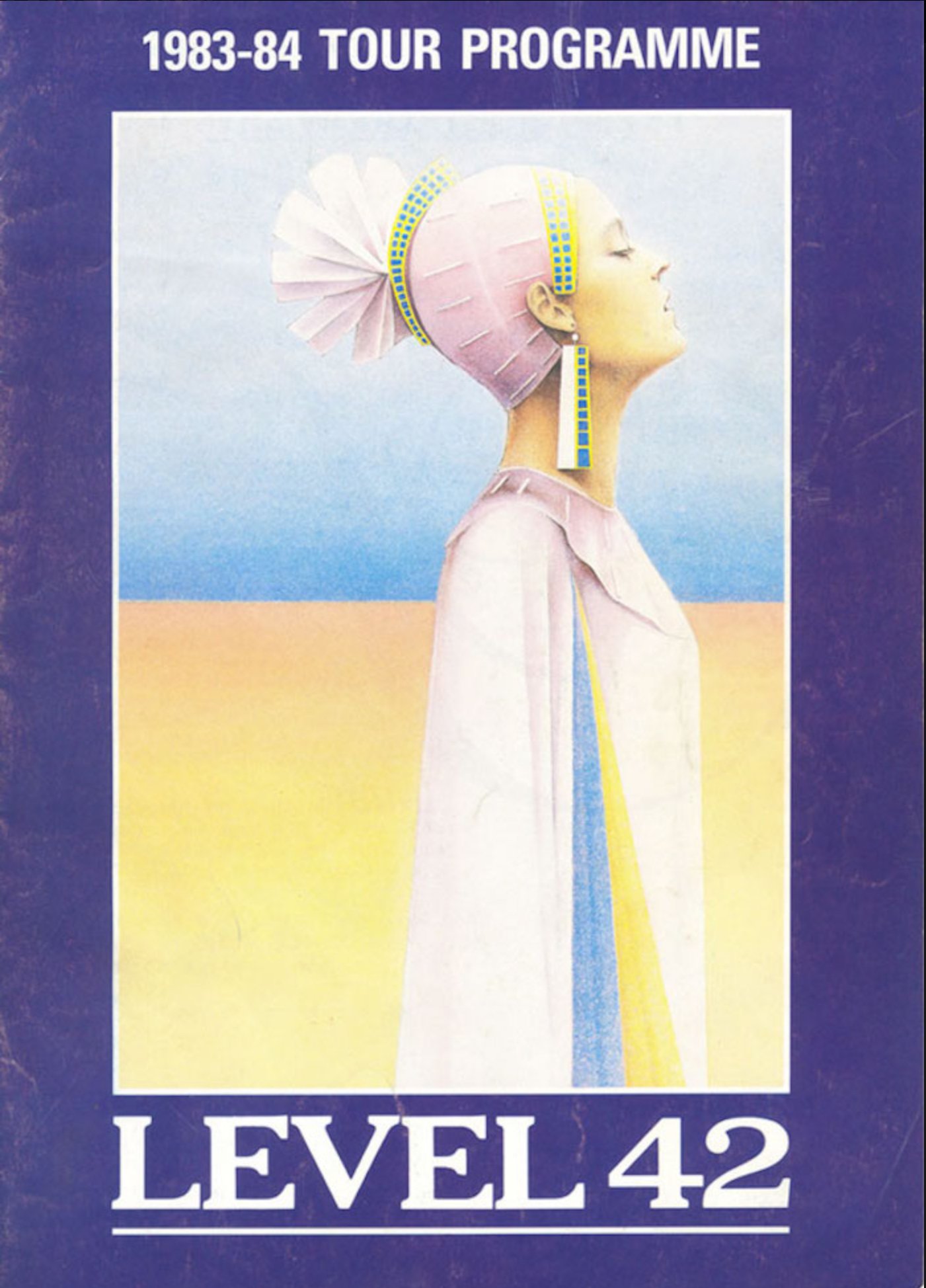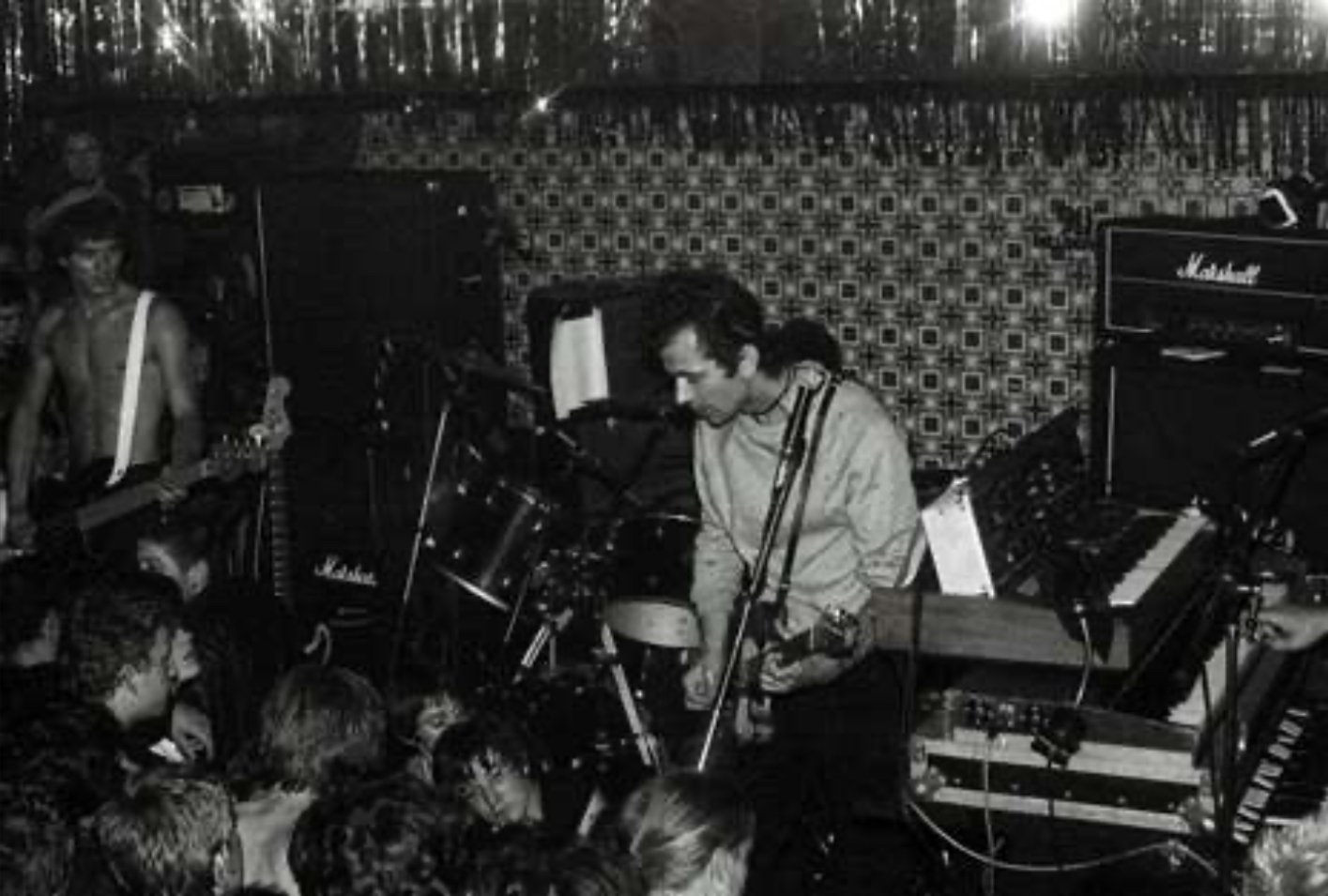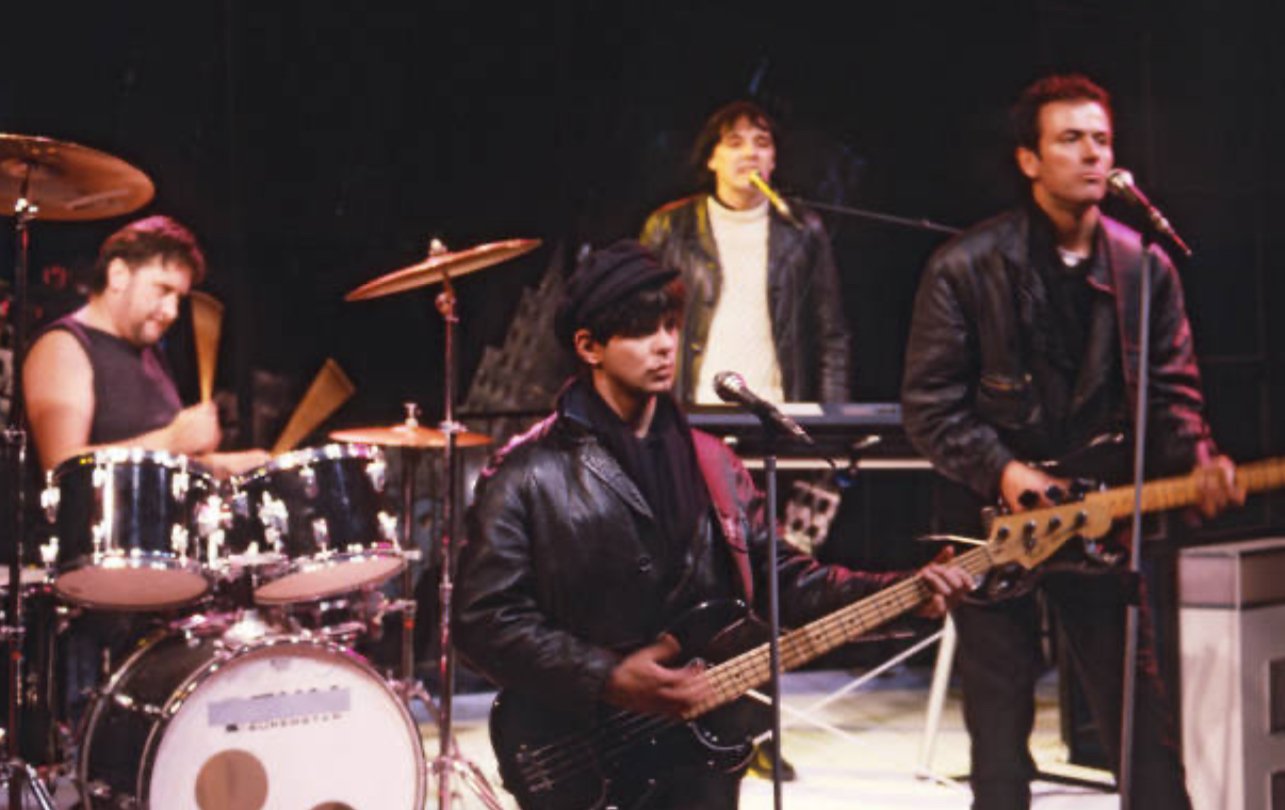Images may be subject to copyright
On this day, 15 November 1977, Scottish rock singer-songwriter and actor. Frankie Miller played Cardiff’s Top Rank. He had recently released his fourth studio album Full House.
It features a mix of Miller originals and covers, including a version of John Lennon's "Jealous Guy". The Andy Fraser composition "Be Good to Yourself" was issued as a single, and reached No. 27 the UK singles chart, becoming Miller's first chart hit.
Miller began singing professionally as a teenager with a Glasgow band called The Stoics. In mid 1970, he moved to London to further his career.
Later in 1972, Miller signed a solo recording contract with Chrysalis Records, and recorded his first LP Once in a Blue Moon, with record producer Dave Robinson. The album was an early example of pub rock, and featured backing by the pub rock band Brinsley Schwarz.
Miller received consistently good reviews, although his singles and albums were not chart hits, Chrysalis continued to invest in his talent. In 1974 Miller sang "Still in Love with You", as a duet with Phil Lynott; the song appeared on the Thin Lizzy album, Nightlife.
Miller's second album High Life, was produced and partly written by Allen Toussaint and recorded in Atlanta, Georgia during 1974. Although two album tracks, "Shoorah Shoorah" and "Play Something Sweet", subsequently provided hits for Betty Wright and Three Dog Night respectively, the album was not a commercial success.
Miller's next album The Rock (1975) was recorded in San Francisco using the producer Elliot Mazer, who had co-produced Harvest for Neil Young. The next album Full House (1977).





